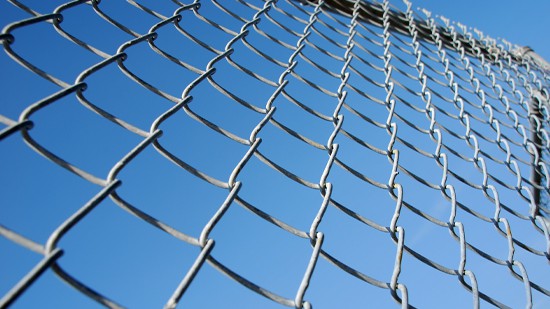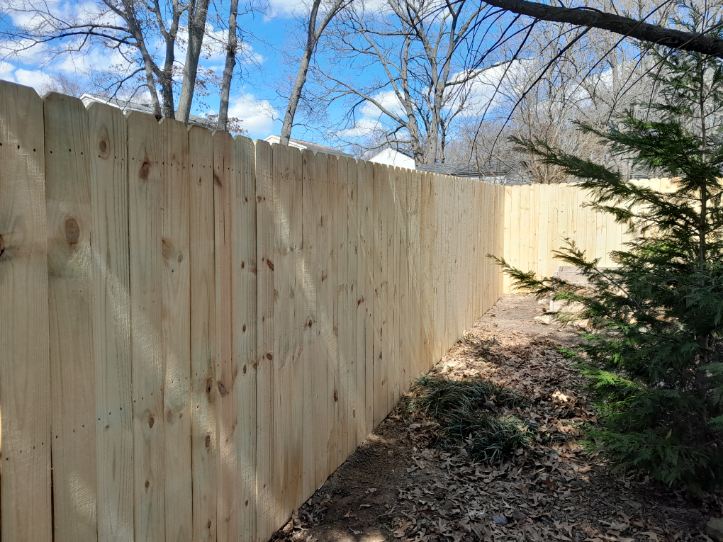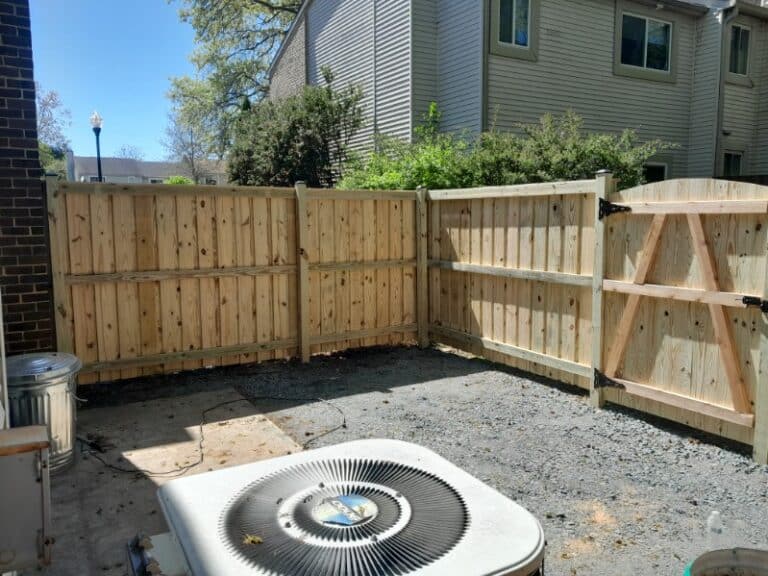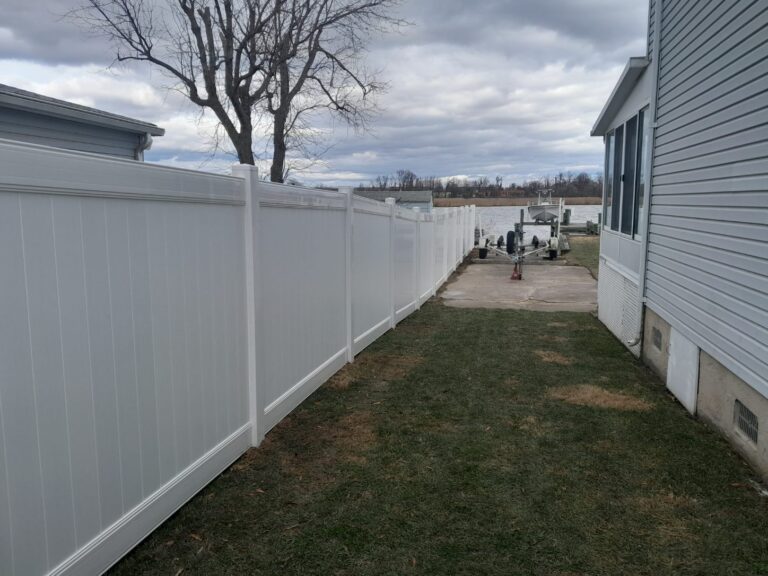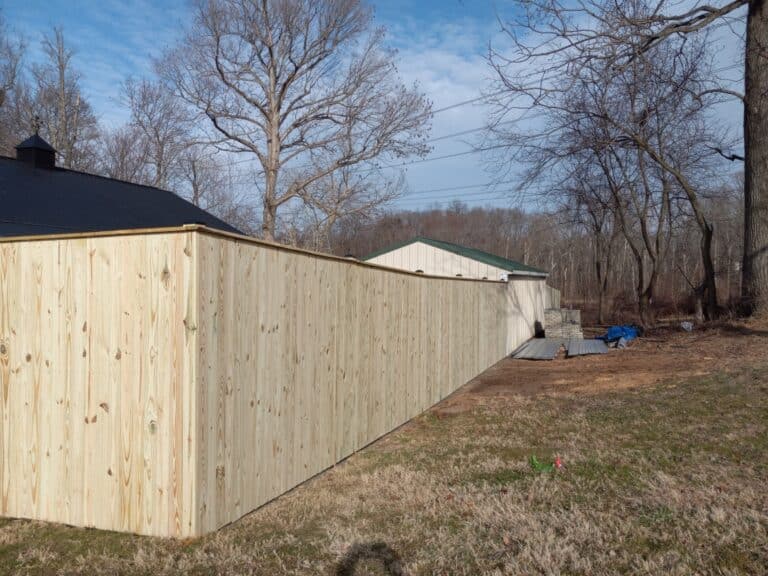Not all chain link fences are made the same. The gauge of the chain link contributes to the strength, weight and stability of the fencing. This could make a big difference when it comes to yard security and the durability of your fencing. Here we’ll discuss the gauges of chain link fence to help you find the right option for your property.
What Does Fence Wire Gauge Measure?
Chain link fabric consists of steel wires that are woven together to form a diamond pattern. The gauge refers to the thickness of the individual wires. The higher the number, the thinner the wire. Thus low-number wire gauges are the strongest, and high gauges are the weakest.
Common Gauges for Chain Link Fences
The most common gauges for chain link fences are:
- 6 gauge (.192″)
- 9 gauge (.148″)
- 11 gauge (.120″)
- 11-1/2 gauge (.113″)
Most residential and commercial fences use 9 gauge chain link with a 2 inch diamond pattern. Temporary fencing may be comprised of thinner 11 or 11-1/2 gauge wire, while high security fences use the more substantial 6 gauge wire. Diamond sizes vary based on application.
What Is the Strongest Gauge for Chain Link Fencing?
The strongest fence wire gauge for a chain link fence is 6 gauge, or 0.192 inches in thickness. This is not common for residential properties, but you may see it around high-security facilities. If you need a new fence for your home, you’ll likely get a 9 gauge chain link fence.
How to Make a Chain Link Fence Stronger
If you’re worried about the strength of your chain link fencing, there are some tricks you can use to stabilize the fence, regardless of gauge thickness. Check out these easy ways to make a chain link fence stronger:
- Add stakes, rails or guards to the bottom of the chain link fence. This is the part that is most susceptible to damage, especially from neighborhood animals. Stakes can bridge the gap between the fence and the ground, while rails and guards can provide extra support on the back.
- Weave chain link fence slats into the fabric. This adds privacy to the fencing and makes it look less like a standard chain link fence. It also stabilizes the chain link and makes it more difficult for an intruder to climb the fencing during a break-in.
- Monitor plants along the edge. If you have trees or bushes growing near the chain link fence, watch them closely as they grow. It is easy for plants to become intertwined with the fence fabric, and they can quickly tangle an otherwise stable fence. It is hard to repair this issue once it gets out of hand.
- Add extra posts as needed. If you notice that your fencing is starting to lean in one area, you may need an additional support post there.
- Replace the chain link fence when it’s beyond repair. No one wants to shell out the money for a new fence, but sometimes that’s the only option. We can design a custom chain link fence that will secure your property and fit within your budget.
If you’d like a quote for chain link fence repair or installation, please contact All Around Fence at (443) 838-9374 or online. All Around Fence serves the greater Baltimore area, including Baltimore County, Ann Arundel County and Howard County.

